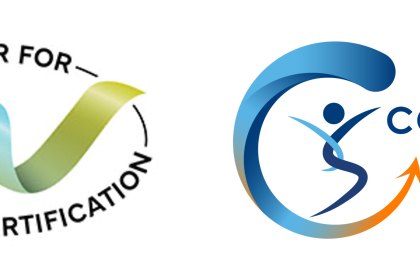When a coach understands the client, develops rapport, and communicates effectively, coaching sessions are an ideal opportunity for a client to fully explore their goals and possibilities. The coach uses their communication skills, primarily listening and effective questioning, to support the client as they explore their goals, desired outcomes, focus, barriers, and strategies. 
When considering what they want, clients may focus on problems, the past, or circumstances, or to define what they do not want. A coach works with the client to focus on moving forward by defining what they do want and exploring possibilities.
While many have a few specific goals in mind, full exploration brings out goals a client may have forgotten and goals in the beginning stages of consideration. A coach starts by simply asking the client, “What do you want?” The coach listens to the client, noting what they talk about and in what order. Clients may talk about what is comfortable and easy, or they may explore goals in what they consider their order of priority. After the client shares what they are thinking, the coach continues exploring possibilities by asking the client questions about what more they want in areas the client addressed and in areas not yet covered.
By taking the time initially to list a broad range of goals, the client is empowered to consider all areas of their life and all types of goals. The coach works with the client to first create a broad list, then asks questions so the client chooses their priorities. The broad exploration of goals affords the client the opportunity to really identify what is important and choose what to work on first.
Coaches focus forward, and encouraging the exploration is naturally empowering for the client.



